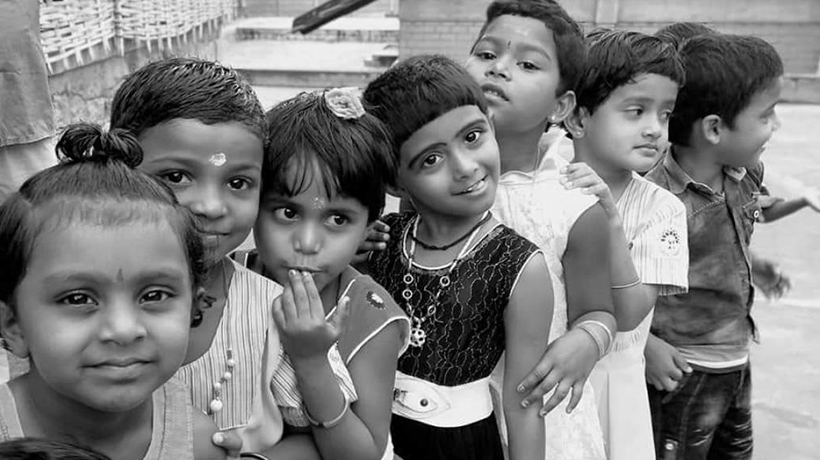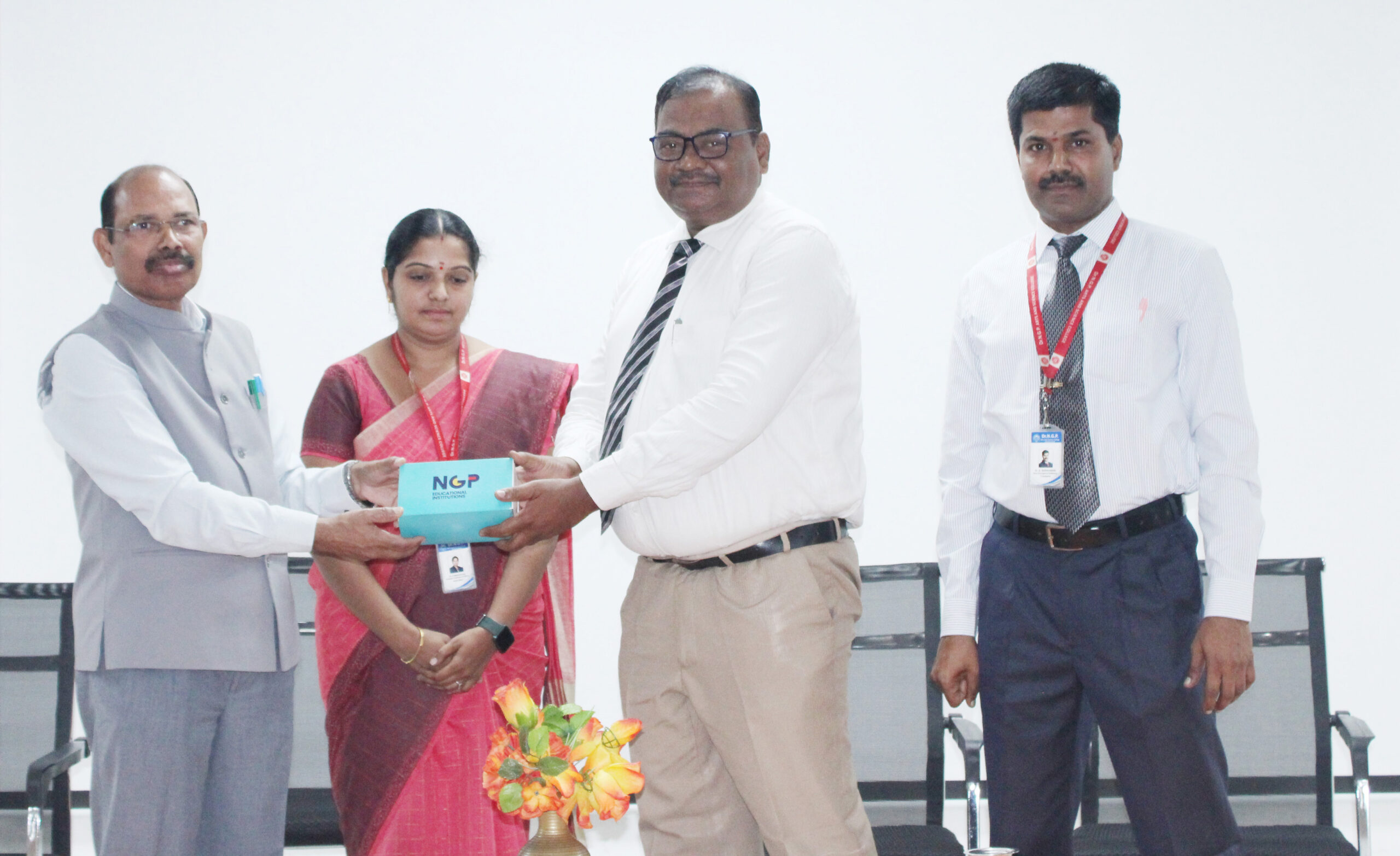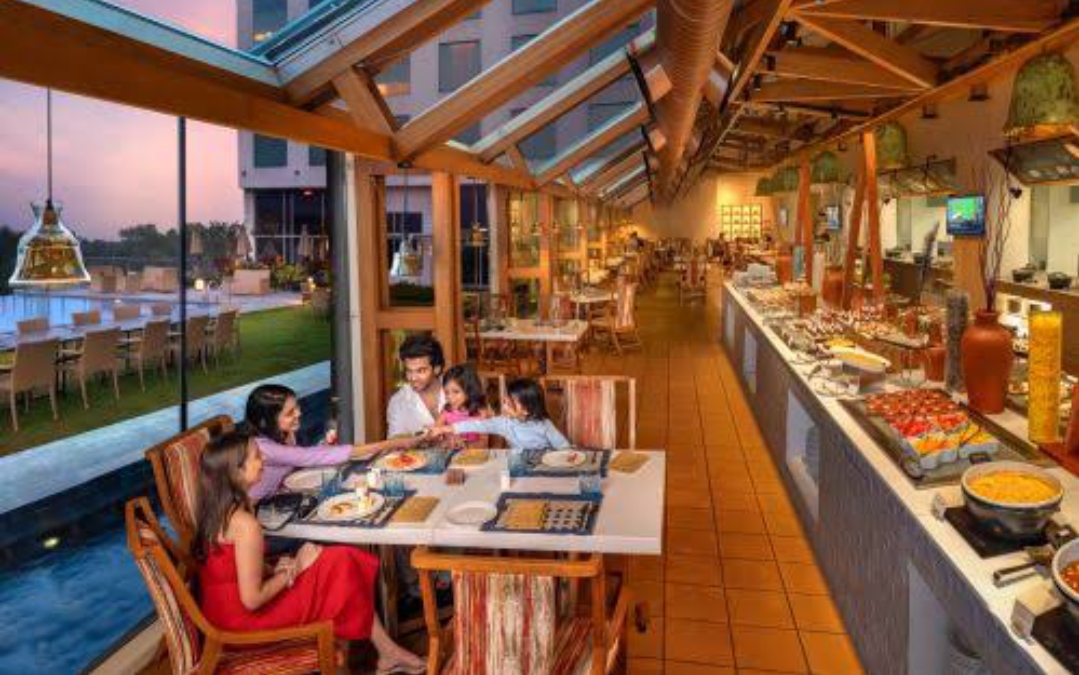Trending Now
- IPL 2024 begins with a bang. First contest between CSK and RCB.
- Election commission allots mike symbol to Naam Thamizhar Katchi
- AIADMK promises to urge for AIIMS in Coimbatore, in its election manifesto.
- Ponmudi becomes higher education minister.
Coimbatore
Shanti Ashram wins 3 global awards
![]() November 17, 2018
November 17, 2018
As a part of 10th anniversary celebrations of the Learning to Live Together Programme worldwide, Arigatou International, India was represented by Shanti Ashram which won three awards in the categories of successful trainer, facilitator or child-led project.
Since the past 27 years, the ashram has been working effortlessly to nurture compassion in children and foster generation of people who would create a peaceful and conscious society.
The Learning to Live Together Framework encourages children to go ‘glocal’ by challenging vertical relations and the traditional banking system of education, by focusing on competencies like context sensitivity, critical thinking, self-driven learning, collective actions, imagination, role modelling and safe learning environments. This is to inculcate tolerance, importance of respect towards each other and learning how to live together despite individual differences in order to create an harmonious community.
Children and young people are encouraged to take action and develop their own projects for community engagements and transformation. The initiative ‘The Food Bank’ of Shanti Ashram won Most Inspiring Children-Led Project. The project serves as a case study in social responsibility initiatives and innovation in community service.
It was started 11 years ago by a young Bala Shanti student Arun from Parvathipuram, The kid went to different houses gathering rice to feed families suffering from HIV. Today, over 50 families living with HIV and 70 elders from 16 villages have benefitted from the programme on a monthly basis.
G. Vijayaragavan won the Most Committed Trainer award. He is one of the four international trainers from country who has coordinated various LTLT training for the past 12 years. He won the award for the commitment and passion within him, which has made a difference in the community.
He says, “Under two modules understanding self and others, transforming the world together, we focus on four core values respect, empathy, responsibility and reconciliation. Through various actives and methodologies, we implement ethics education. There are five methodologies that we use, experiential, cooperative, discussion problem and introspection based learning. I feel happy that I have touched so many lives.”
Kaviya Balaguruswamy won the Most Committed Facilitator award. She has worked with a government shelter for vulnerable children for a decade and ensures education and health of vulnerable girls in the shelter. She is currently pursuing a PhD in Bharathiyar University.
Kaviya says, “I am very happy and honoured to have received the award. I am 27 and I take this award as my responsibility to do more for society. I am an international trainer and want to take up more to do good for society. One thing I am really proud off is that we started monitoring our programmes and how effective they are. It gives me immense joy to see that our programmes shape the future of tomorrow.”
Ravichandran Rangasamy won the Most Committed Facilitator award. He completed his MBA, pursued agriculture and customised the LTLT resource in an experiential setting on the farm. He has volunteered at the ashram’s solution exchange lab, an initiative that works with high achievers from government schools and vulnerable families.
“I have been working for 10 years and after working with kids. I have realised the issues they face like violence against children. This will help me have an in-depth report about the problems and probably together we can take some constructive social action to empower different sections of rural communities and society at large.”























